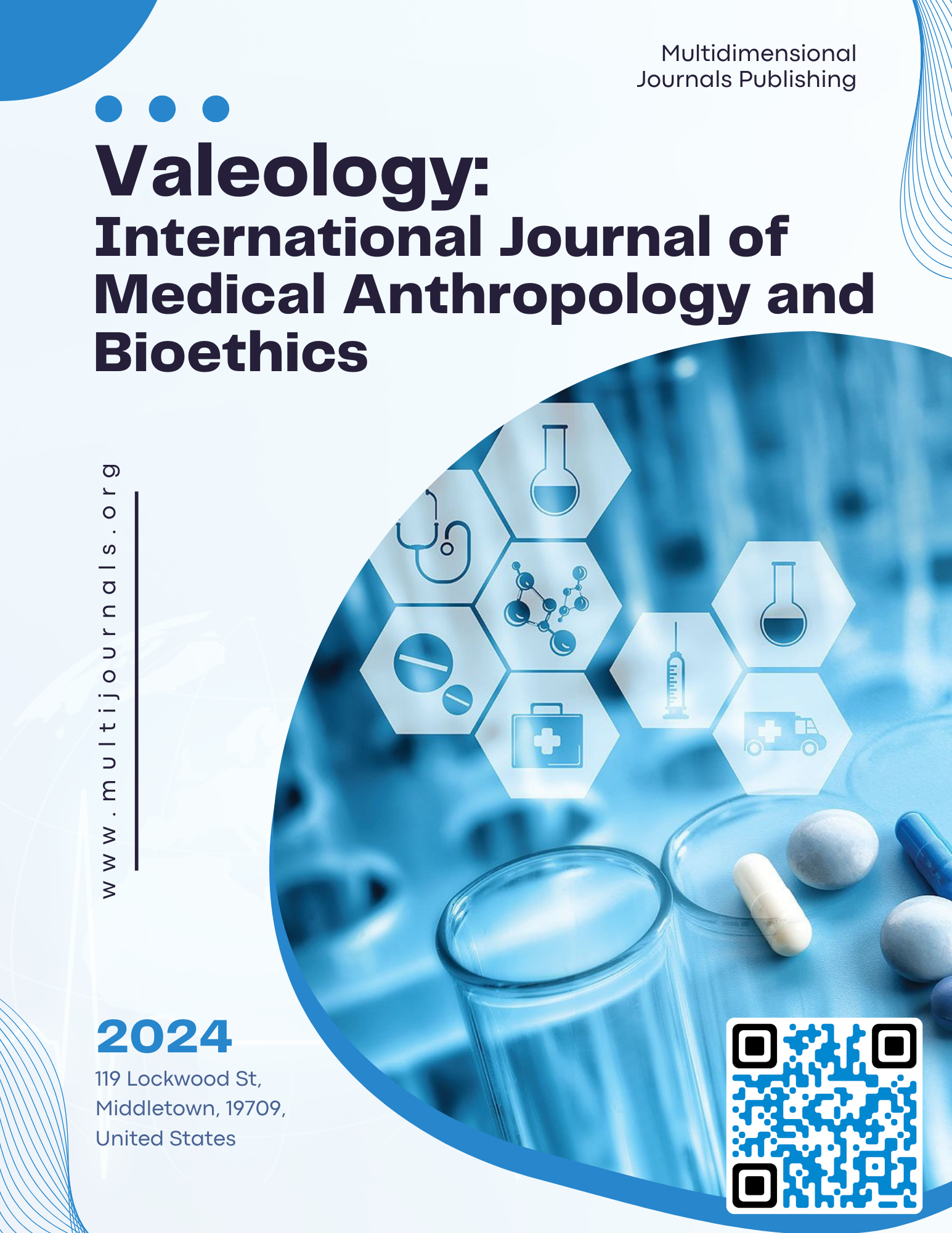PROTEOMIC MARKERS IN THE DIAGNOSIS AND PROGNOSIS OF FEMALE INFERTILITY: CURRENT APPROACHES AND PERSPECTIVES
Keywords:
proteomic markers, female infertility, diagnosis, prognosis, reproductive health, personalized medicineAbstract
Aim. To conduct a comprehensive analysis of the role of proteomic markers in the diagnosis and prognosis of female infertility.
Materials. The review includes publications from electronic databases such as PubMed, Google Scholar, and eLibrary, selected according to PRISMA guidelines. The analysis included 82 publications from PubMed, 56 publications from eLibrary, and 22 publications from Google Scholar.
Results. Proteomic markers, such as anti-Müllerian hormone (AMH), osteopontin, and inflammatory markers, demonstrated high sensitivity and specificity in the diagnosis of female infertility. The application of these markers has improved the prediction of treatment outcomes, including in vitro fertilization (IVF), and contributed to a more accurate assessment of ovarian reserve. Current approaches include the integration of proteomic data with other omics technologies to create personalized treatment strategies.
Conclusion. Proteomic markers have significant potential in the diagnosis and prognosis of female infertility. Their implementation in clinical practice requires further research and standardization of methods, which will improve women's reproductive health and enhance the effectiveness of infertility treatment.



